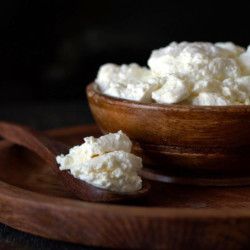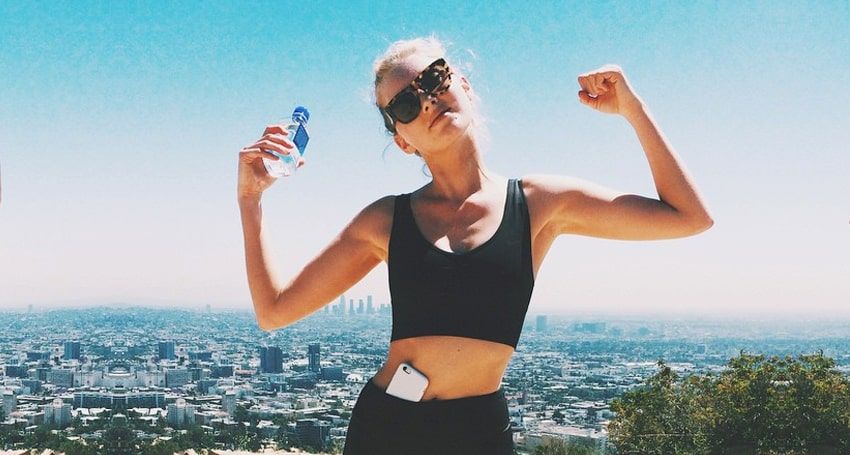
What would you say if we told you that you could get fit faster, without doing any extra workouts? Answers we’ve received so far include A) shuuuuuut uppppp; B) stop lying; and C) tell me more!!
If you’re thinking along the lines of answer C, then here’s the low down… Basically, it all comes down to what you do in between your workouts – those crucial hours that your body uses to recover and rebuild. If you know the right rules and techniques, you can help your muscles recover at record speed. The result? A longer, more powerful and way more effective workout the next day.
Essentially, these techniques will help you complete more efficient workouts, as opposed to just working out more often. It’s all about quality, not quantity!
The catch? You do actually have to workout sometimes. Sorry! These techniques are designed to help your body recover faster but you’re not going to get fitter if there’s nothing to recover from! Here’s what to do…

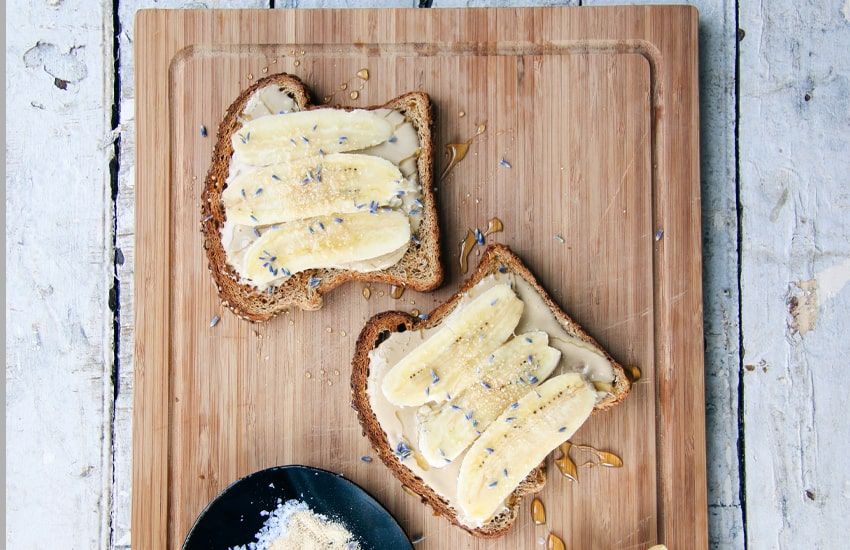
You know… white rice, white bread, mash potatoes, even lollies. The kind of carbs you’re actually supposed to limit on a day-to-day basis – THOSE are the ones you want to eat after a workout. Why? Well basically, when you do an intense workout, your muscles use up a lot of glycogen (stored energy). Eventually, they get to a point where they just can’t be used anymore! By eating hi GI carbs after your workout, you replenish those glycogen stores in your muscles, so that they’re ready to go for the next time round.


Rest days are SO important if you want to keep working at your peak performance. When you workout, you actually break down the muscle fibres in your body. Rest days give your muscles a chance to grow and rebuild, so that they can work even harder the next time. Try doing a yoga class, going for a walk or a swim.

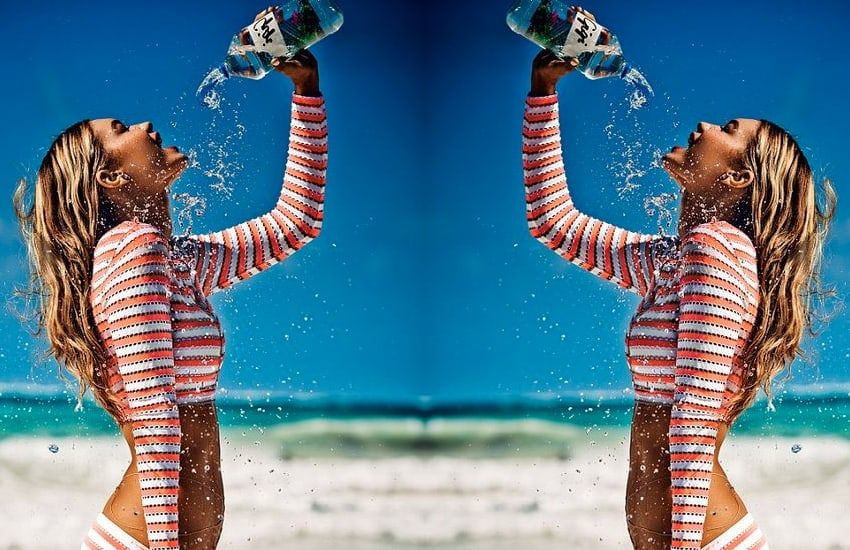
When you exercise, you sweat – a lot. It’s important to replace that water loss as soon as possible if you want to avoid health complications. If you allow your body to dehydrate, you’ll find that you have less energy and may feel a bit sick. This is not going to help you in your next workout! Within one hour after your workout, aim to drink the same amount of water you lost from sweat during that hour. This is usually around 500ml.


When you work out, you’re putting a lot of stress on your muscles. This kind of stress is okay alone but when mixed with other stressors, it can get dangerous. Chronic stress from other sources like inadequate sleep and work deadlines can stop your body from recovering at the speed it needs. If you’re stressed, you’ll need to take longer rest periods between workouts. Try meditating or taking a relaxing bath. Even a short holiday might help!


Try to get at least 7-8 hours of sleep every night. When you sacrifice hours of sleep for a long period of time, it can start to make you both mentally and physically weaker. You’ll find you don’t have the same drive during your workout and will find it way harder commit to long, intense training sessions.

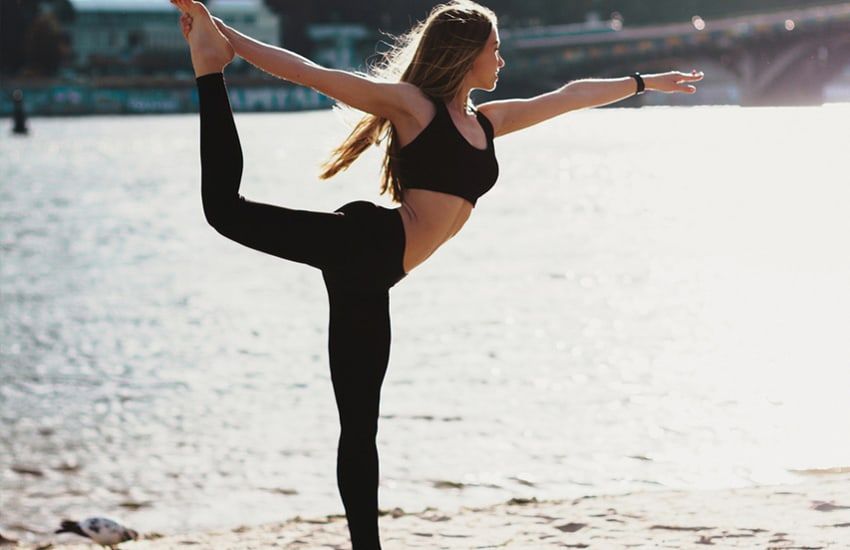
If you don’t have good flexibility, both your cardio and strength workouts will suffer. For example, if your hamstrings are too tight, you won’t be able to go deep enough into a squat to get the best benefits. Try to work in at least 5-10 minutes of stretching after every workout.

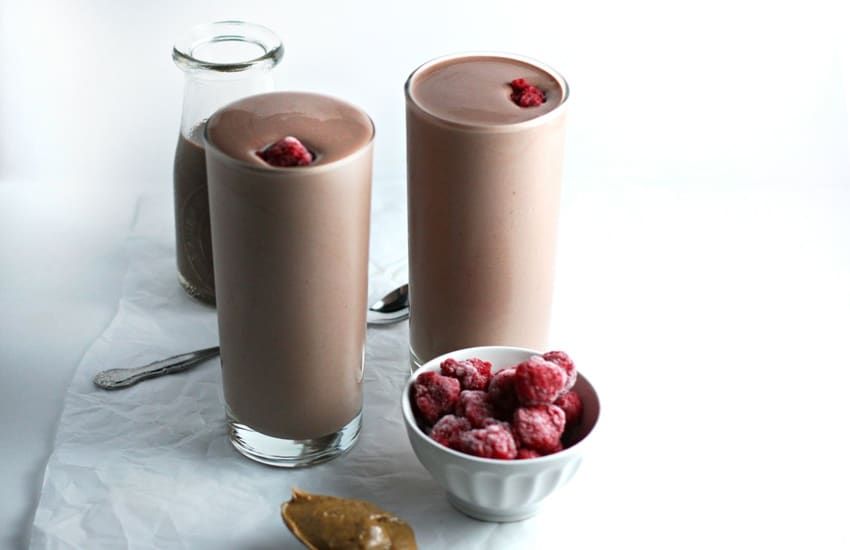
If you work out regularly, protein is vital for recovery. During a workout, your muscle fibres break down. Protein is what builds them back up again! Aim to eat or drink about 20g protein after your workout. Try a couple of eggs, a piece of lean meat, a protein bar or a protein shake.

